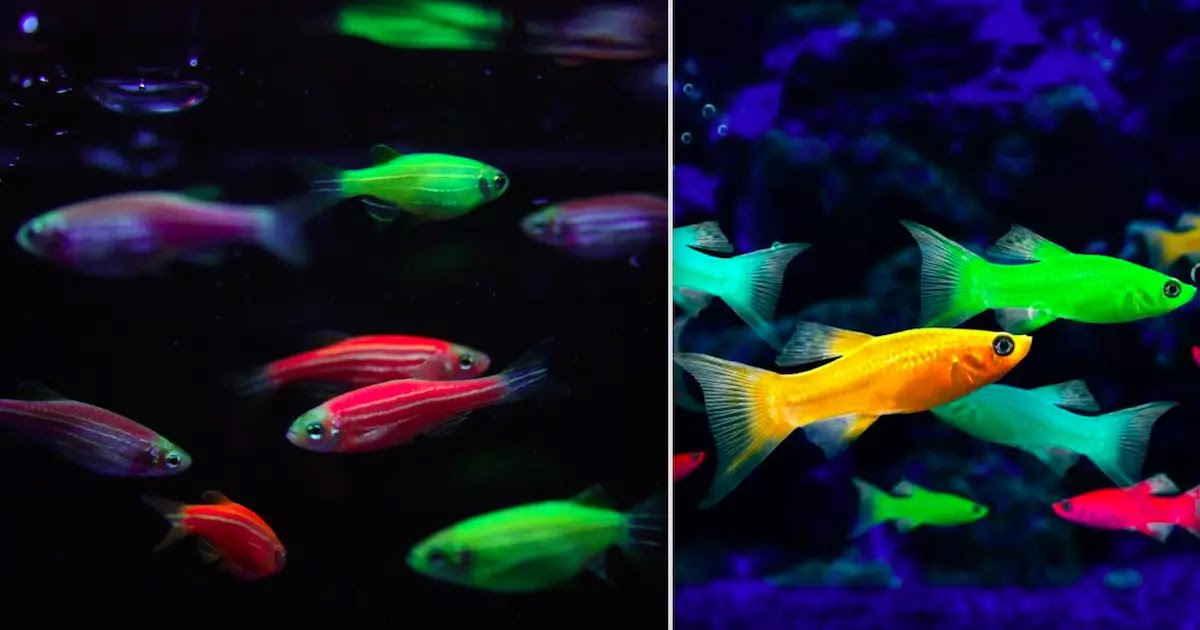
A new study published in Studies on Neotropical Fauna and Environment has stated that genetically modified glow-in-the-dark zebrafish have escaped into the rivers and creeks of Brazil, and there are now worries that this could have a serious impact on the natural flora and fauna of the region.
Zebrafish are used extensively in laboratory settings due to the fact that they are easy to breed, raise and keep. Scientists also have a very good working knowledge of their genetic makeup.
In the 1990s, after a discovery by Singapore scientists in which it was shown how a genetic modification could be used to make the fish ‘glow-in-the-dark’, a Texas company began producing such fish for the commercial market and they were bought up by fish collectors across the globe.
It is not clear if the fish found in this study were directly created by the Texan company or not. However, what is known is that similar fish are now present in a natural environment with features that would never normally be seen.
The investigation into evasive species in Brazil, in which the illuminous fish were found, was carried out by Dr André Magalhães of the Universidade Federal de Sao Joa del Rey and looked at five creeks in Brazil's Paraíba do Sul freshwater ecoregion. Illuminous red zebrafish were found in 4 locations while illuminous green zebrafish were found at 3 locations. What does seem evident is that these fish are breeding and passing on their unique genetic traits to their offspring. In total the team found at least 70 non-native aquarium fish, of which 31 have now become embedded.
Scientists are ecologists worry that the prevalence of new non-native or genetically modified animals could result in the ecosystem being undermined and an environmental collapse could occur. In the case of the zebrafish, it is worried that they could become so abundant that they become a threat to native invertebrates or cause a lack of food amongst native populations of fish. The fish themselves are perfectly suited to the weather and climate of the Brazilian creeks.
[Based on reporting by: IFL science]














COMMENTS